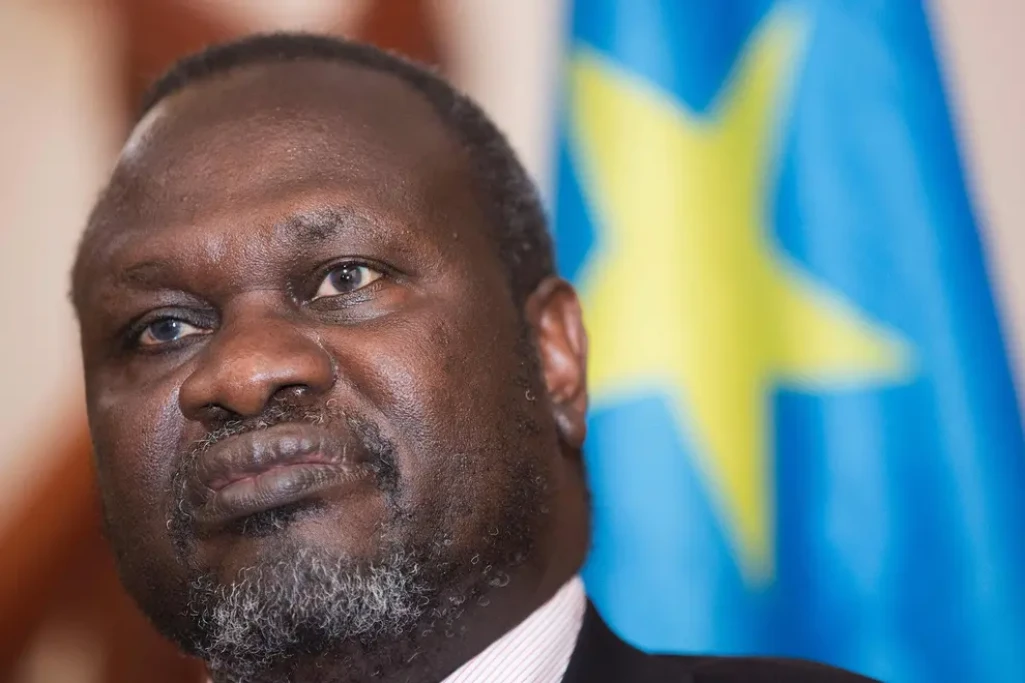
Dr. Riek
Machar, South Sudan’s First Vice President, has urged the United Nations (UN),
African Union (AU), and regional organization IGAD to address Uganda’s military
presence in the nation, cautioning that it may jeopardize the tenuous 2018
peace agreement.
In a letter
dated March 23, Machar accused Uganda of violating international agreements by
deploying troops without approval from South Sudan's transitional government.
He addressed the letter to UN Secretary-General António Guterres, AU Peace and Security Council Commissioner Bankole Adeoye, and IGAD chair Ismail Omar Guelleh, who is also the president of Djibouti.
The opposition leader argued that Uganda’s military presence breaches the 2018 Revitalized Peace Agreement (R-ARCSS), which requires the withdrawal of foreign forces as outlined in Articles 2.1.5 and 2.1.7, as well as a 2017 ceasefire agreement.
“The Ugandan
forces are currently taking part in air strikes against civilians in the
counties of Nasir, Longechuk, and Ulang in Upper Nile State and Akobo County in
Jonglei State,” Machar said.
The Uganda
People's Defense Forces entered South Sudan at President Salva Kiir's request
after fighting escalated between government forces (SSPDF) and the White Army
allied with Machar. The conflict arose from the SSPDF's plan to redeploy forces
in Nasir, a move opposed by the White Army.
The fighting
has resulted in civilian casualties, the death of a UN helicopter crew member,
and the killing of SSPDF Lt. Gen. David Majur Dak, prompting the South Sudanese
government to request Uganda's military intervention.
The conflict
has raised concerns that the 2018 peace agreement may collapse and push the
country back into war, especially as opposition officials face arrests and
detention.
“The Nasir
incident can be managed peacefully through the Transitional Security
Arrangement Mechanisms, particularly the Joint Defense Board (JDB), which is
responsible for command and control of all forces and does not warrant an
external intervention,” Machar stated.
Uganda, as an
IGAD member, helped mediate the ARCSS and R-ARCSS and was key in creating the
Security Supervision Mechanism (SSM). The expectation is for Uganda and
President Museveni to continue ensuring the agreement’s implementation for
peace, stability, and democratic elections in South Sudan.
“The R-ARCSS
is faced with serious challenges. There is fear on our part that these
challenges, including the Ugandan intervention, may lead to the collapse of the
agreement,” Machar warned.
Uganda first
deployed troops to South Sudan in 2013 under a bilateral agreement with the
former government. Dr. Riek Machar argues that the current administration never
ratified this agreement, making Uganda’s presence unlawful under the 2018 peace
deal.
The UN’s arms
embargo on South Sudan since 2018 raises concerns about how Uganda entered with
heavy weaponry. Uganda's past interventions, particularly in 2013 and 2016,
were to support President Kiir during civil conflicts.
The recent deployment of Ugandan forces, aimed at securing Juba and supporting Kiir, has fueled concerns about Uganda's ongoing involvement in South Sudan’s internal affairs, especially as tensions between Kiir and Machar escalate.